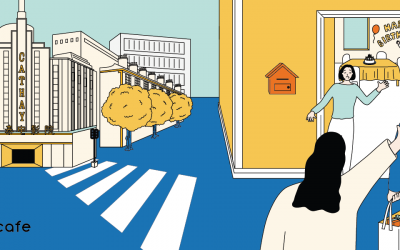You already know that some Chinese words can have different meanings depending on the context.⠀⠀
Learn 3 meanings of 还是 (háishi) with our new video!
Meaning #1: Still
Imagine you run into an old classmate. You two haven’t seen each other for ages, but she hasn’t changed at all. What will you say?
- 老同学,好久不见!你还是那么年轻!
- Lǎotóngxué, hǎojiǔ bùjiàn! Nǐ háishi nàme niánqīng!
- My old classmate, I haven’t seen you for so long! You still look so young!
Here, 还是 (háishi) means “still” and is used to express that something hasn’t changed.
💡The structure then will be:
Subject + 还是 (háishi) + Verb/Adj
Meaning #2: Had Better
Imagine you and your old classmate went out for a drink. In the bar, you ask:
- 你喝什么?啤酒还是可乐?
- Nǐ hē shénme? Píjiǔ háishi kělè?
- What shall I get for you? Beer or coke?
Here, 还是 (háishi) means “or“, and it’s used to offer a choice.
![]() Note: 还是 is used only in questions. In statements, use 或者 huòzhě.
Note: 还是 is used only in questions. In statements, use 或者 huòzhě.
💡 The structure in questions will be:
A + 还是 (háishi)+ B?
Meaning #3: Had Better
Once you’ve been given options, you need to make a choice. Here goes the third meaning of 还是 (háishi):
- 我今天开车了,还是喝可乐吧
- Wǒ jīntiān kāichē le, háishi hē kělè ba
- I’m driving today. I’d better stick to coke
Here, 还是 (háishi) means “had better” and is used to show the best option that you’ve made after comparing a few options.
💡 The structure in this case is:
S + 还是 (háishi) + Verb + (吧)
View this post on all our social media accounts – and see how other learners have replied to it! 👉



